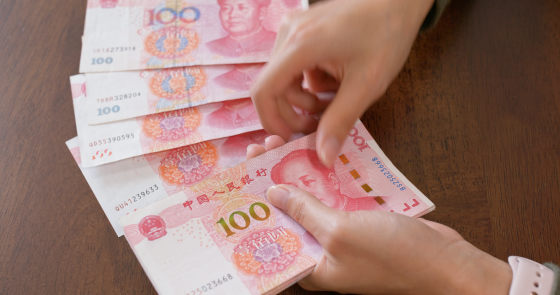It is reported that China is planning a 'three-child policy', and there are voices saying 'I can not have so many children'

From 1979 to 2014, China had a
Three-child policy: China lifts cap on births in major policy shift | Reuters
https://www.reuters.com/world/china/china-says-each-couple-can-have-three-children-change-policy-2021-05-31/
China announces three-child limit in major policy shift | China | The Guardian
https://www.theguardian.com/world/2021/may/31/china-announces-three-child-limit-in-major-policy-shift
According to the National Bureau of Statistics of China (NBS), the number of children born in China in 2020 was 12 million, a decrease of 2.65 million from 2019, when the number of births was 14.65 million, a decrease of 18%. That . It has also been found that the total fertility rate, which indicates the average number of children a woman will have in her lifetime in 2020, is 1.3, well below the 2.1 required for population stability. It should be noted that the total fertility rate in Japan and 1.36 in the population statistics of 2019 are shown , China is a number less than that.
China has been implementing a one-child policy to control the population for the past 35 years, but in anticipation of the wave of aging in the future, it switched to a two-child policy from 2016. The two-child policy requires a couple to pay a 'fine' to give birth to a third child.

A 10-year census shows that China's total population has increased by 5.38% to 1.41 billion in the 10 years to 2020. However, looking at the rate of increase, the annual increase rate from 2000 to 2010 was 0.57%, while it was 0.53% from 2010 to 2020, following the relaxation of the one-child policy in 2016. However, we can see that the continuous surge in the number of births did not occur.
However, it has been pointed out that the decrease in the number of births in China is not due to the two-child policy, but to the rise in child-rearing costs in urban areas. 'Housing, extracurricular activities, food and travel expenses are all skyrocketing at a tremendous rate, and I don't think it makes sense to raise the number of children,' said Efei Lee, a sociologist at New York University. Talking to.

When Xinhua News Agency surveyed Weibo about the three-child policy, 29,000 (93%) of the 31,000 respondents said they 'did not think' about having three children. He said he did. In this survey, one Weibo user commented, 'If I get 5 million yuan (about 85 million yen), I will have three children.' This survey was later deleted.
in Note, Posted by darkhorse_log